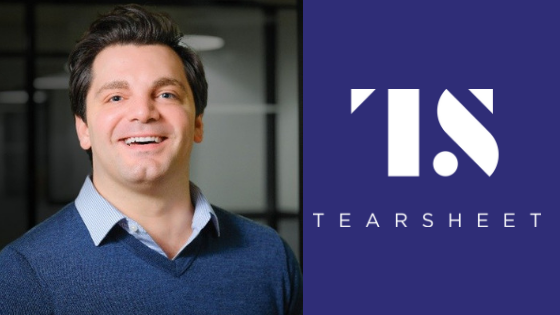Podcasts
Boost Insurance’s Alex Maffeo: ‘Integrating with insurance companies is like slapping a modern app on Windows 95’
- As an investor, Alex Maffeo saw how hard it was for entrepreneurs to bring a new insurance product to market.
- Boost Insurance is his answer to improving outcomes for insurtechs.








